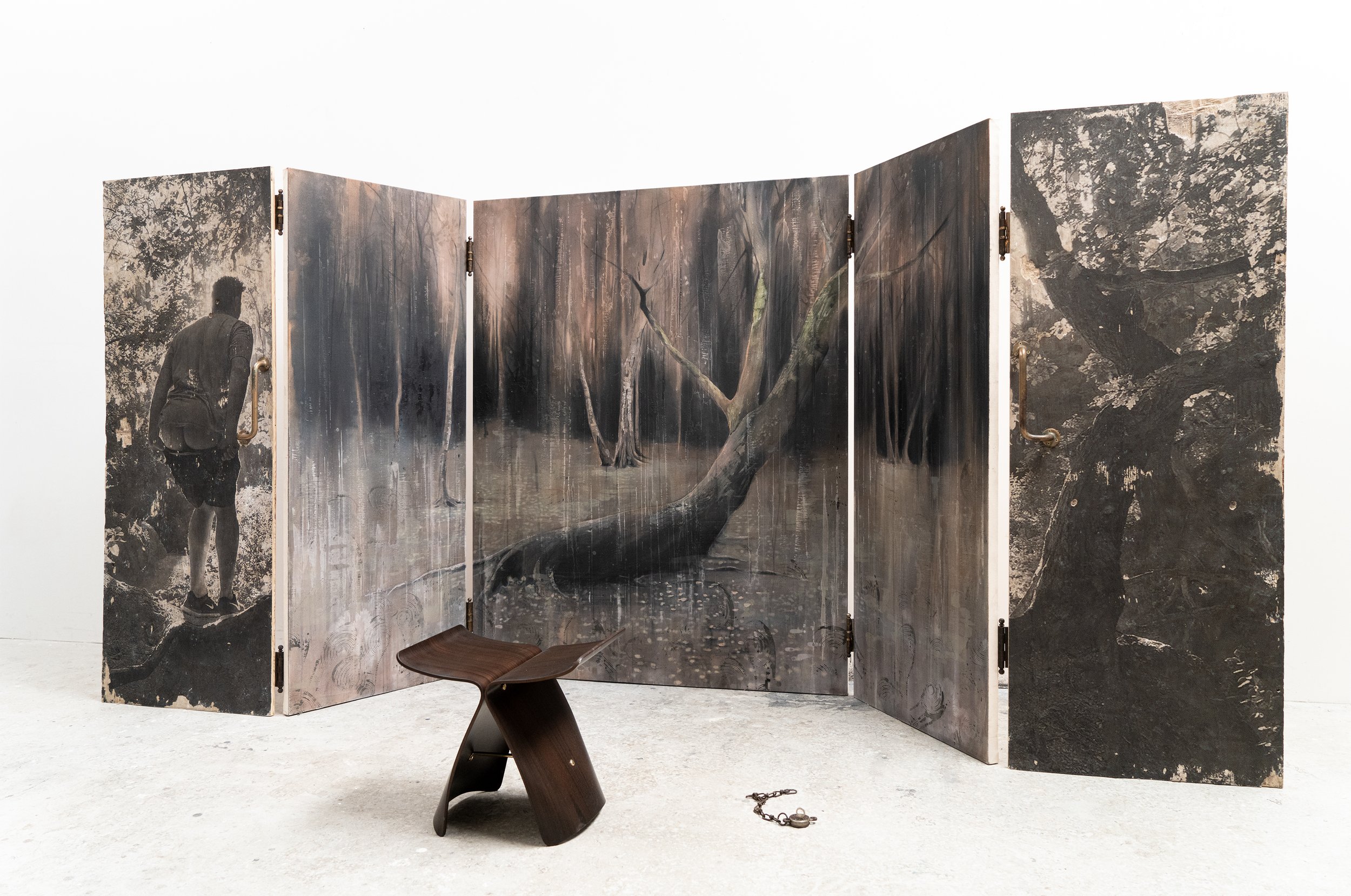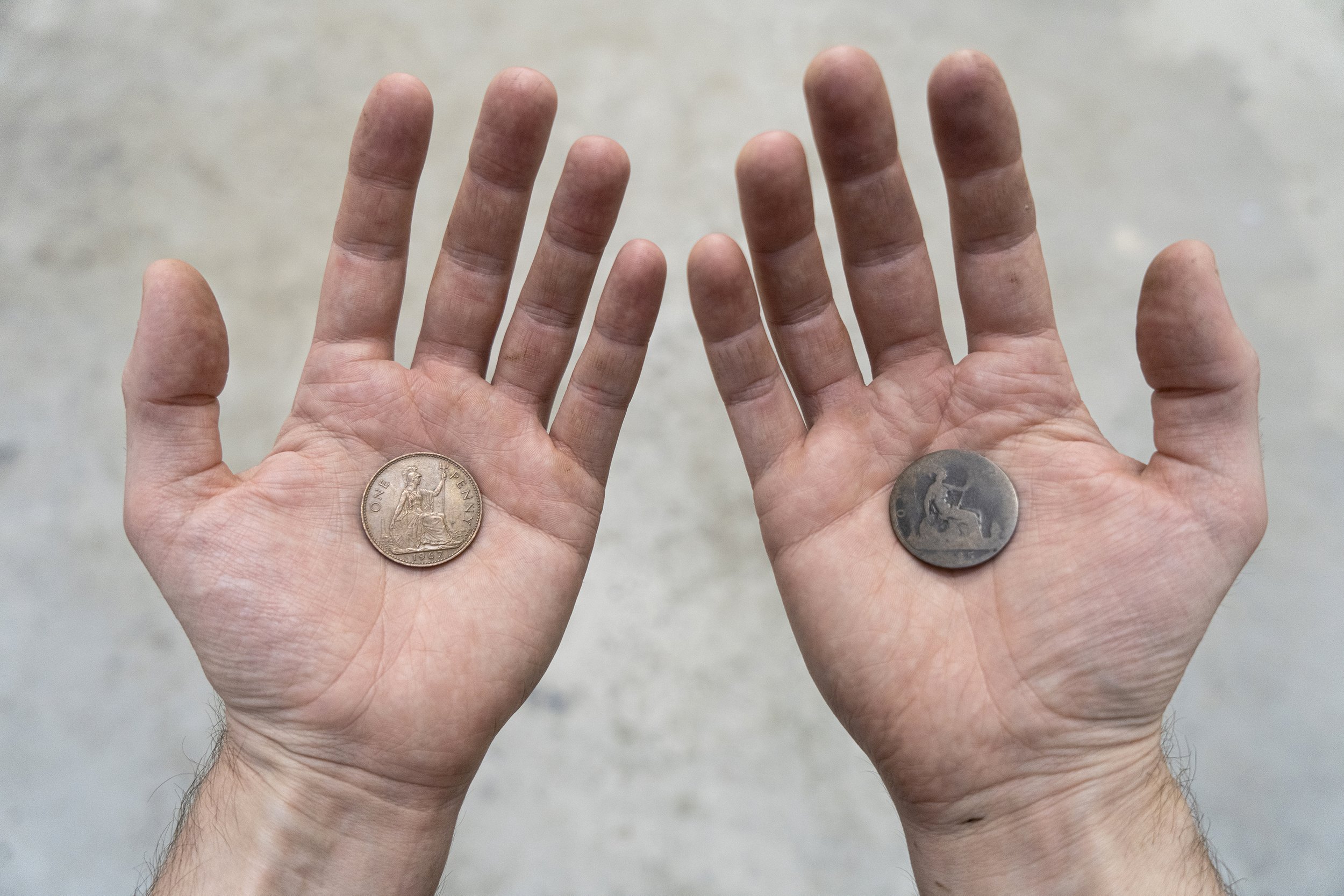Tomorrow 2021
6 August - 5 September 2021
WHITE CUBE
selected by members of White Cube’s curatorial team: Irene Bradbury, Susanna Greeves, Hannah Gruy, Susannah Hyman, Toby Kamps, Capucine Perrot and Soraya Rodriguez.
“With time in ruins, I wondered whether through fissures or portals in the temporal and physical fabric of the built environment, I could access the collective experience of a community that was obscured by the onslaught of HIV/AIDS. I wanted to revisit those histories written in the margins and reframe personal experiences in the shadows as a way of deconstructing oppressive narratives we have grown up with and internalised, narratives which have become so deeply ingrained in the collective unconscious. I wondered whether through ‘the performance of queer utopian memory' as Jose Esteban Muñoz describes it, it's possible step outside the linearity of straight time and find utopia in the present.“









‘I've always been drawn to ruins and abandoned structures, places and things that retain traces of earlier incarnations, a sort of index of another period in time. In this recent body of work I began exploring notions of queer time and space in this environment, responding initially to the writing of David Wojnarowicz and his depictions of cruising the ruined warehouses on New York's abandoned waterfront in the late 70s and early 80s. Within that space, I considered parallels with cruising culture in the UK, its importance historically and relevance today.
In Cruising the Dead River, Fiona Anderson writes that time itself was in ruins on the waterfront, and for Wojnarowicz, the material decay of the piers and their queer erotic appropriations also suggest the possibility of temporal overlap, with past and present coalescing in ruinous buildings.
With time in ruins, I wondered whether through fissures or portals in the temporal and physical fabric of the built environment, I could access the collective experience of a community that was obscured by the onslaught of HIV/AIDS. I wanted to revisit those histories written in the margins and reframe personal experiences in the shadows as a way of deconstructing oppressive narratives we have grown up with and internalised, narratives which have become so deeply ingrained in the collective unconscious. I wondered whether through ‘the performance of queer utopian memory' as Jose Esteban Muñoz describes it, it's possible step outside the linearity of straight time and find utopia in the present.’
Graham Silveria Martin, 2021